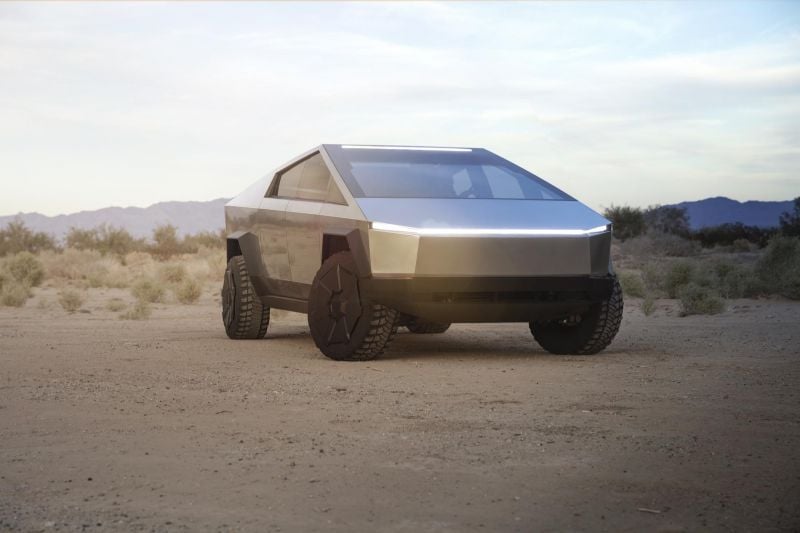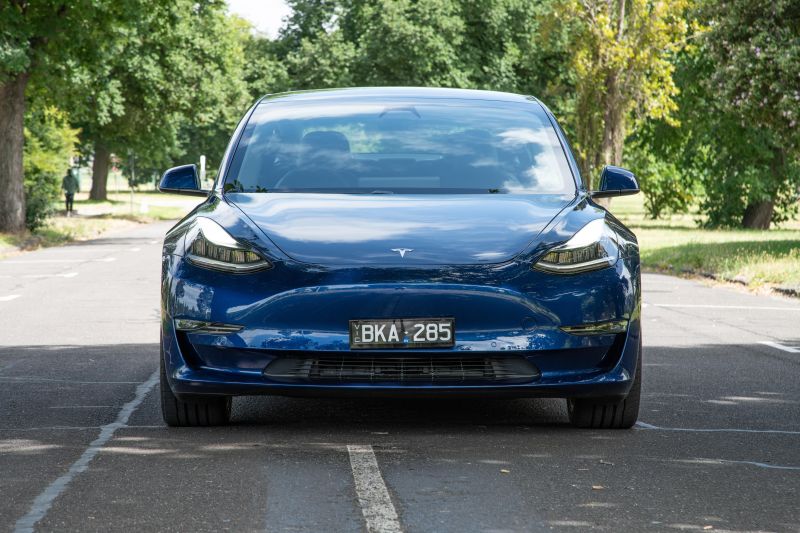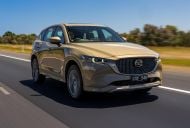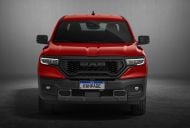Tesla is reportedly strengthening its existing partnership with Samsung, as it gears up for its Full Self Driving (FSD) Computer 2.
A report by The Korea Economic Daily says Samsung Electronics Co. will manufacture the chips used in Tesla’s next-generation Hardware 4 computer, also known as the FSD Computer 2.
This next-generation hardware is set to ship in the forthcoming Cybertruck electric ute that won’t start production until late 2022, according to the Tesla website.
A source says Samsung is expected to commence production of the Hardware 4 computer in the fourth quarter of 2021.
The existing Hardware 3 computer used in Tesla vehicles is already produced by Samsung.
The South Korean tech giant reportedly beat out rival chip manufacturer, Taiwan Semiconductor Manufacturing Co. (TSMC), to attain a contract allowing it to continue producing the chips for Tesla.
“Tesla and Samsung’s foundry division have been working on the design and samples of the chip from the start of this year,” a source told The Korea Economic Daily.
“Recently, Tesla decided to outsource the [Hardware 4] self-driving chip to Samsung. It’s virtually a done deal.”
Tesla reportedly decided to choose Samsung to produce its new chip after considering factors such as production costs, long-term cooperation, and the availability of Samsung technology.
These chips will be mass produced at Samsung’s Hwasung plant and are said to use a 7-nanometre semiconductor processing technology.
Less advanced than 5-nanometre processing, Samsung and Tesla agreed to use the tried-and-tested 7-nanometre processing to ensure higher production yields and stable functionality of the chips.
In August 2021 Musk boasted on Twitter that Tesla is aiming for its self-driving technology to be 1000 per cent safer than the average human driver.
This new Tesla FSD Computer 2 will eventually replace the existing FSD Computer 1 used in the Model S, Model X and Model 3.
It is uncertain whether there will be delays in producing these chips, but around the globe there is a shortage of semiconductor chips.
Tesla recently allowed more US owners to opt into the company’s FSD beta program.
These customers are required to go through and pass a series of driving behaviour tests over seven days before being able to access the beta feature.





